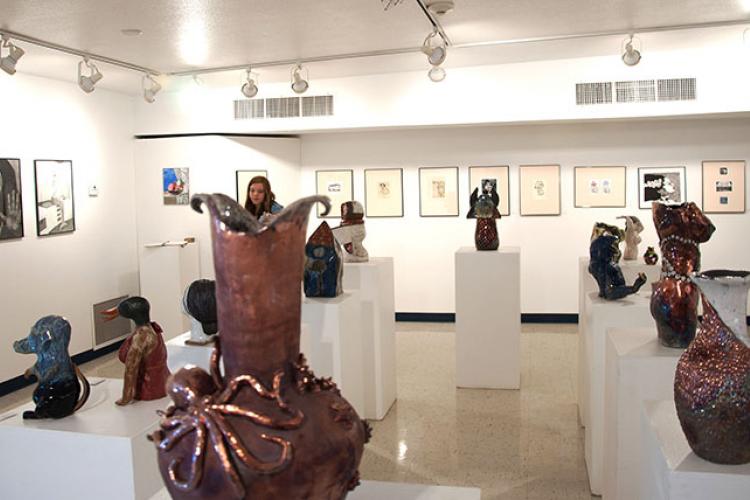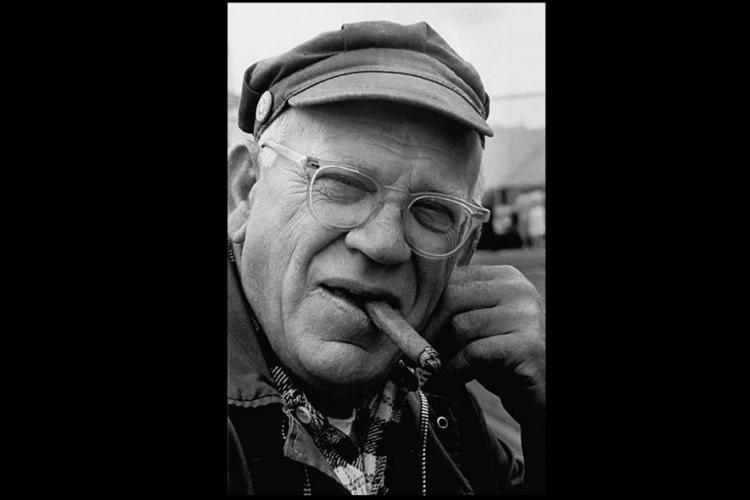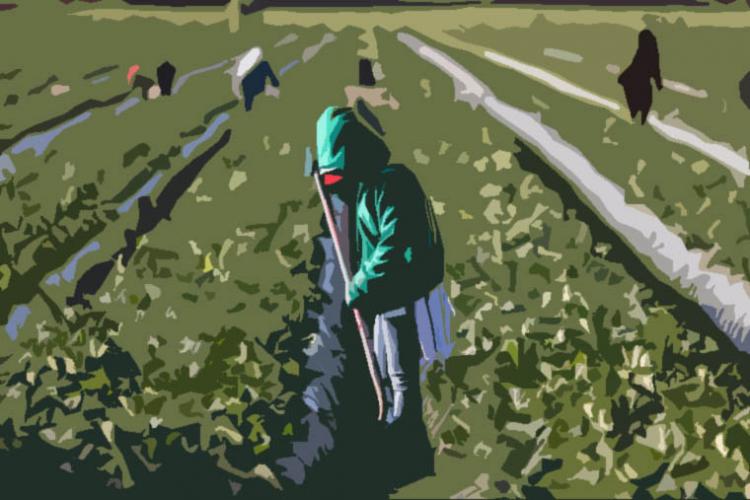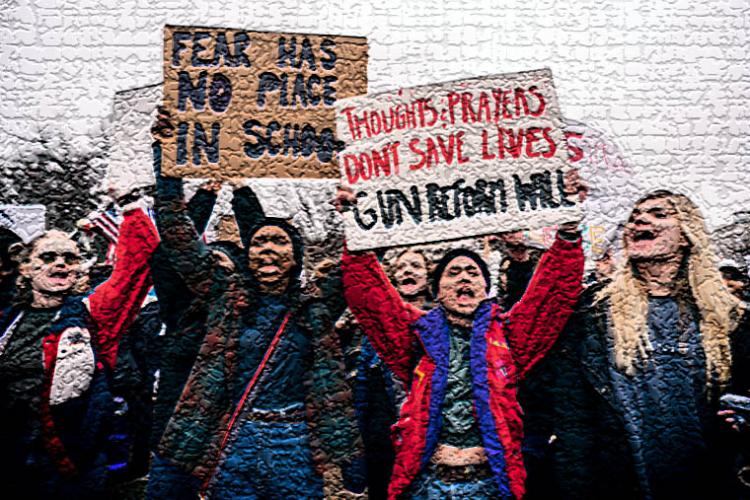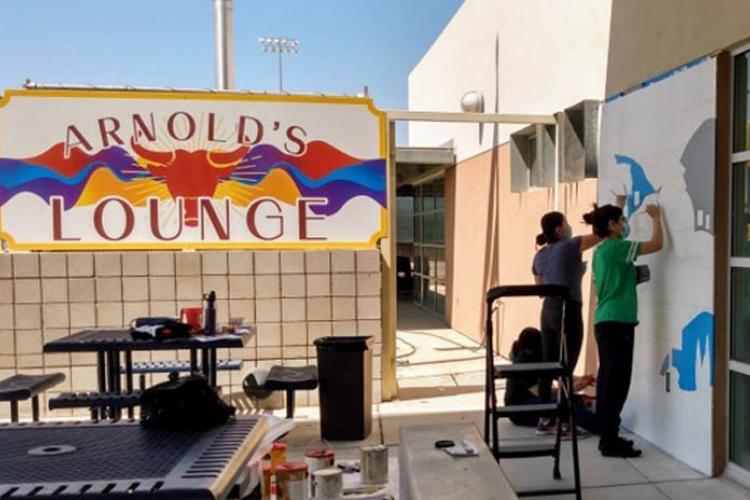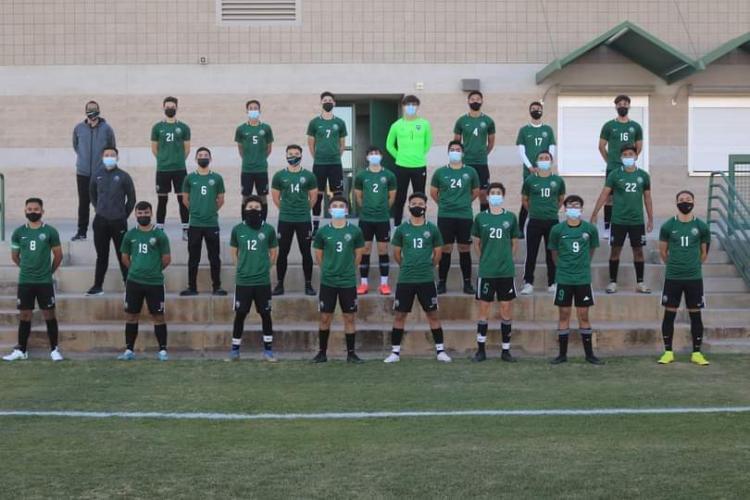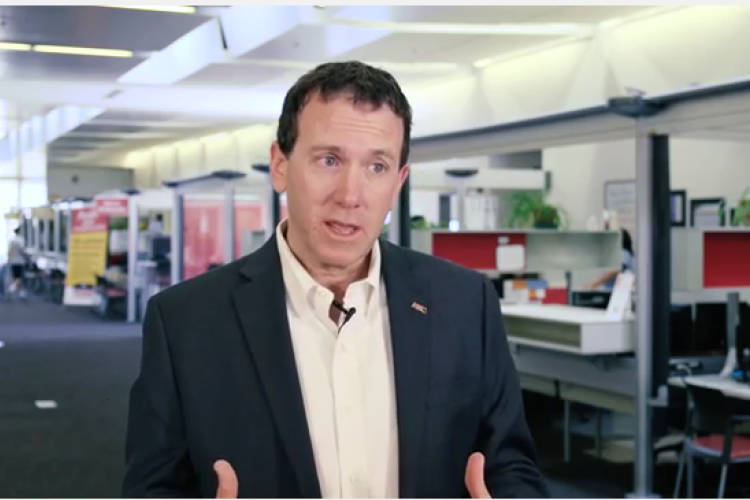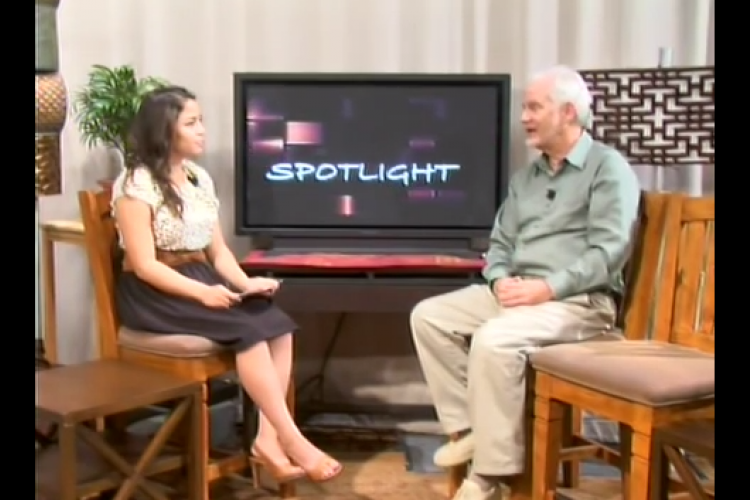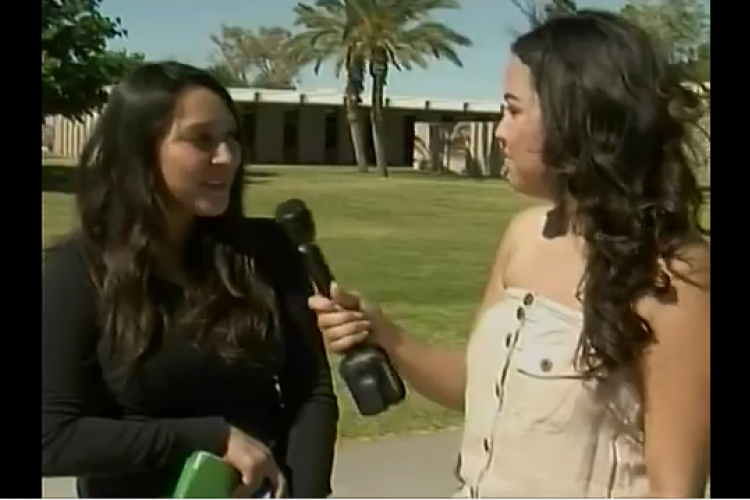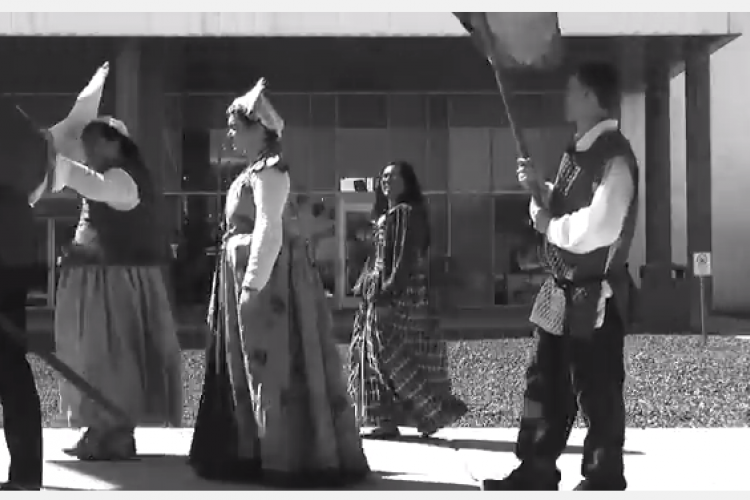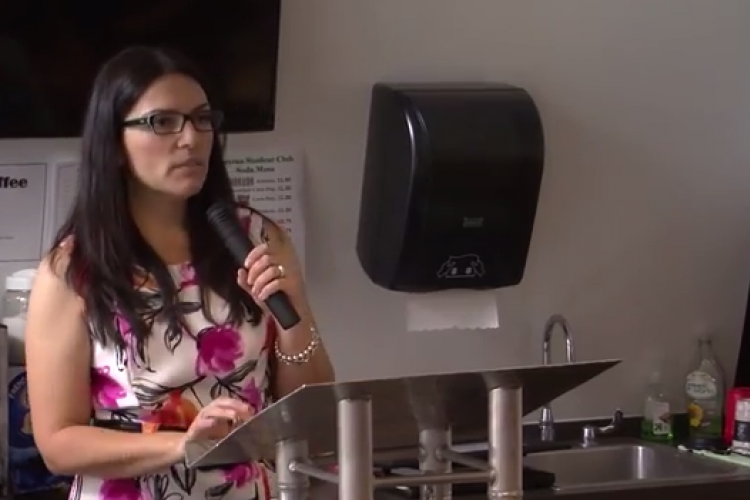
Thanks to additional funding from Arizona Western College, the College Assistance Migrant Program (C.A.M.P.) can now provide these services each academic year to 80 students who have a migrant or farm-worker background.
“Based on retention and completion data, C.A.M.P. is one of the most successful programs at Arizona Western College,” said C.A.M.P. advisor Rafael Encinas.
Now, it has a new opportunity to provide additional academic, social, financial and cultural support as a two-year program instead as a one-year program. For the past 10 years, the federally funded program has been supporting only 40 cohort students each academic year.
The program recruits 40 new students each year and provides them with a living and learning community experience on campus. They get a stipend to pay for their textbooks, and they have tutoring for English and Mathematics. Also, students have a mentoring program to help the students in anything they need on their first year.
With the new funding, C.A.M.P. also is able to continue supporting 40 students for their second year.
Currently, the program is overseen by the Director Rosalia Delgado and Advisor Rafael Encinas. By their side is Outreach and Activities Coordinator Aidaly Quintana and Senior Secretary Mayra Rivera make C.A.M.P., both past C.A.M.P. students.
Having a second year in the program persuades students to continue with their education.
“That is going to help the goal of getting the students to graduate within two years or as close to the two years as possible, and that is why a second year is so important,” Delgado said. “We are trying to teach students that if you are serious about your education, that should be your main focus.”
Not only will a second-year help students finish their Associate’s degree in two years, it also will help them transfer to a university.
“The reason to have a second year is in order to go in alignment with Dr. Corr’s mission to get more students to get their Bachelor’s Degree,” Encinas said.
“Looking back at it, if I would have been a second-year student, I feel that I probably would be a little bit more successful,” Quintana said.
Having that little bit of extra support – additional tutoring, financial support to live on campus, trips to universities and textbook vouchers – could make all the difference in a student’s success.
“C.A.M.P. has become my third family, where I can always find support and learn new skills that help me grow as a person,” Rivera said.


